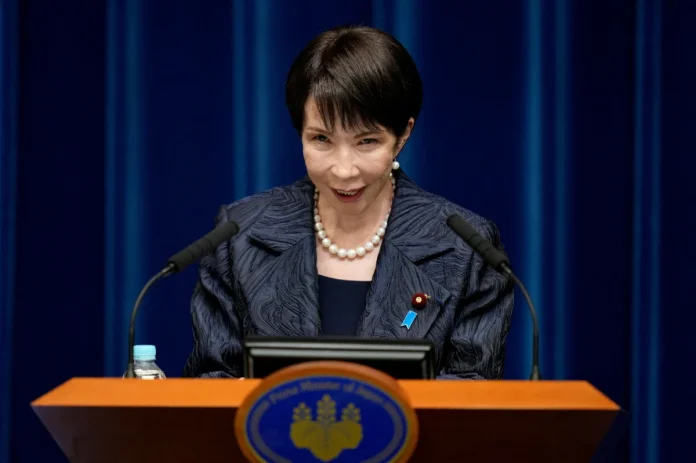Japan’s PM Takaichi will drop annual fiscal targets, adopting multi-year spending measures instead, marking a major shift in budget policy
TOKYO: Prime Minister Sanae Takaichi has announced her government will abandon Japan’s annual fiscal consolidation target in favour of multi-year spending measurements.
This move effectively waters down the country’s commitment to fiscal consolidation and represents a major policy shift from previous administrations.
Known as a proponent of big spending, Takaichi told parliament she would drop using the annual primary budget balance as Japan’s fiscal consolidation goal.
Instead, the government will assess financial progress “by looking at its balance in a span of several years,” she said.
The primary budget balance excludes new bond sales and debt-servicing costs, measuring how much policy measures can be funded without additional debt.
Japan has repeatedly delayed achieving a primary budget surplus, originally targeted for sometime between fiscal 2025 and 2026 under a long-term blueprint set in June.
Past governments consistently deployed massive spending packages to stimulate the economy and counter shocks like the pandemic.
Takaichi has frequently criticised the primary budget balance as inconsistent with global standards and restrictive for Japan’s fiscal policy options.
Her administration plans to compile a spending package addressing rising living costs while boosting investment in growth areas and defence.
Japan carries public debt twice the size of its economy, the highest ratio among major economies worldwide. – Reuters








